How to Create a Personal Career Development Plan

Creating a personal career development plan is essential for anyone looking to advance in their career and achieve their professional goals. A well-thought-out plan provides direction, keeps you focused, and helps you make informed decisions about your career path. Here’s a step-by-step guide on how to create a personal career development plan.
1. Do a Self-Assessment
The first step in creating a career development plan is to assess your current skills, strengths, and areas for improvement. Reflect on your professional experiences, accomplishments, and feedback from peers or supervisors. Consider the following questions:
- What are my core strengths and skills?
- What areas do I need to improve or develop further?
- What am I passionate about in my career?
- What are my long-term career aspirations?
This self-assessment will provide a solid foundation for identifying your career goals.
2. Set Clear Career Goals
Once you have a clear understanding of your strengths and areas for improvement, set specific, measurable, achievable, relevant, and time-bound (SMART) goals. These goals should align with your long-term career aspirations and provide a clear direction for your development. For example:
- Short-term goal: Improve my public speaking skills by attending a workshop and presenting at least three times in the next six months.
- Long-term goal: Become a project manager within the next five years by gaining relevant certifications and experience.
3. Identify Required Skills and Knowledge
To achieve your career goals, you’ll need to identify the skills, knowledge, and experience required. Research the qualifications and competencies needed for your desired roles. This may involve acquiring new skills, gaining certifications, or seeking additional education. Create a list of these requirements and prioritise them based on their importance and your current proficiency.
4. Create an Action Plan
Develop a detailed action plan outlining the steps you need to take to achieve your career goals. Break down each goal into smaller, manageable tasks with specific deadlines. Your action plan might include:
- Enrolling in relevant courses or training programs
- Seeking mentorship or guidance from experienced professionals
- Gaining practical experience through projects or volunteer work
- Networking with industry peers and attending relevant events
Ensure that your action plan is realistic and achievable within the set timelines.
5. Seek Feedback and Mentorship
Feedback and mentorship are invaluable resources for career development. Seek regular feedback from supervisors, colleagues, and mentors to understand your progress and areas for improvement. A mentor can provide guidance, support, and insights based on their own experiences, helping you navigate challenges and make informed decisions.
6. Monitor Progress and Adjust as Needed
Regularly review your career development plan to track your progress and make necessary adjustments. Assess whether you are meeting your milestones and whether your goals remain relevant. Life circumstances and career aspirations can change, so it’s important to remain flexible and adapt your plan as needed.
7. Celebrate Achievements
Recognise and celebrate your achievements along the way. Acknowledging your progress and successes, no matter how small, will keep you motivated and reinforce your commitment to your career development plan. Celebrating milestones can also provide a sense of accomplishment and boost your confidence as you work towards your long-term goals.
Creating a personal career development plan is a strategic approach to achieving your professional goals and maximising your potential. By conducting a thorough self-assessment, setting clear goals, identifying required skills, creating a detailed action plan, seeking feedback and mentorship, monitoring progress, and celebrating achievements, you can effectively navigate your career path and achieve long-term success. Take charge of your career development today and set yourself on the path to growth and fulfillment.


